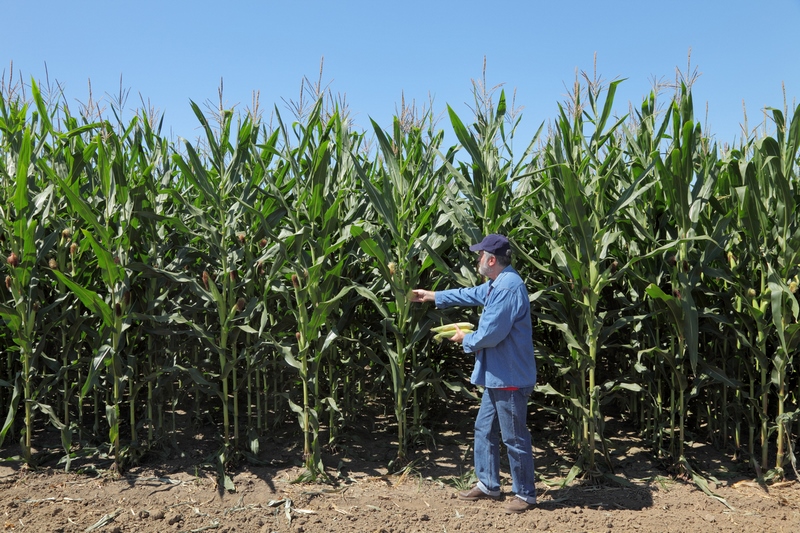South Africa’s Minister of Agriculture, John Steenhuisen, has welcomed Zimbabwe’s formal decision to lift its ban on maize imports. The change, announced in Statutory Instrument (SI) 87 of 2025, allows for the importation of maize and other grains. According to the Minister, this marks an important moment for regional agricultural cooperation and a move that will stabilise trade between the two countries.
Steenhuisen described the announcement as a return to economic principles that encourage open markets and cross-border collaboration. He noted that for South Africa, a major maize producer, the decision is significant because it re-opens one of its important neighbouring markets.
Benefits for Farmers and Agribusiness
The Zimbabwean market plays “an important role” in supporting both white and yellow maize exports from South Africa, the Minister emphasised. He noted that trade with Zimbabwe helps to stabilise local prices and gives farmers greater predictability in planning.
The announcement is also seen as a confidence boost for agribusinesses and exporters. Steenhuisen highlighted that allowing the free flow of maize sends “a clear signal of confidence” to the sector and strengthens the entire value chain—from producers to traders to milling operations.
Food Security Across the Region
The Minister underlined the importance of maize, particularly white maize, which is consumed as a staple food across much of the continent. By removing restrictions, surplus-producing nations like South Africa are better positioned to meet the needs of their neighbours.
This development helps reduce risks of shortages and price instability, while contributing to household food security across the region. For South African consumers, regional trade integration also supports price stability at home.
Strengthening Regional Integration
Steenhuisen further stated that open maize trade enhances regional integration and supports sustainable economic growth. The decision by Zimbabwe demonstrates the value of cooperative policies, where agricultural resources can flow freely to meet collective needs.
The Department of Agriculture reiterated its commitment to working with regional partners to promote fair, open, and efficient agricultural trade. Ensuring that staple foods move easily across borders is seen as a vital step toward building resilient food systems and stronger economic ties.
The Bottom Line
The lifting of Zimbabwe’s maize import ban under SI 87 of 2025 is more than a domestic policy shift—it is a regional development with far-reaching benefits. For South African farmers, it secures access to a key market and supports stable prices. For consumers across Southern Africa, it enhances food security. And for the region as a whole, it signals a renewed commitment to integration and shared growth.
